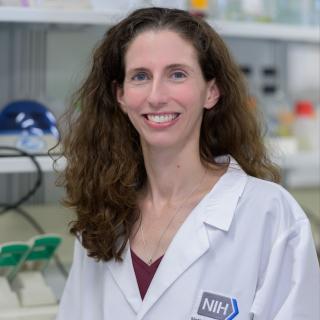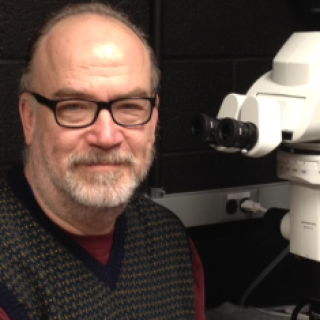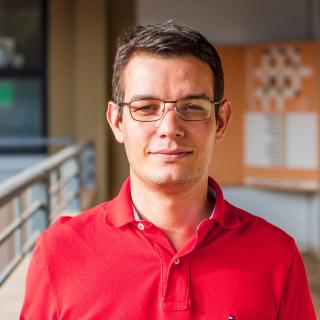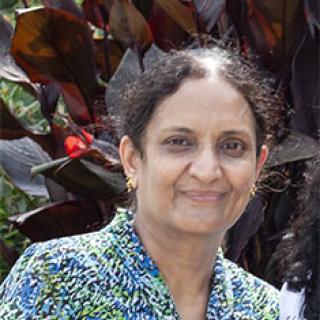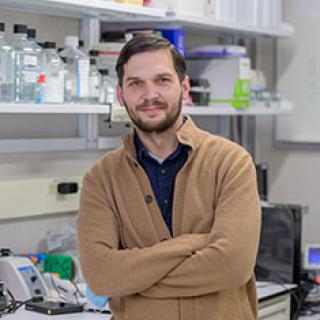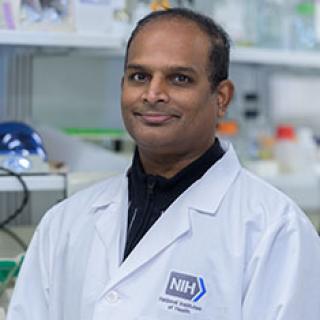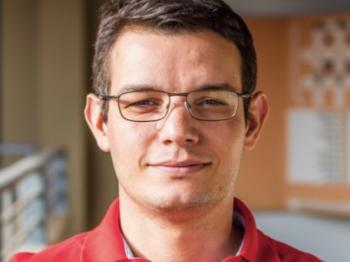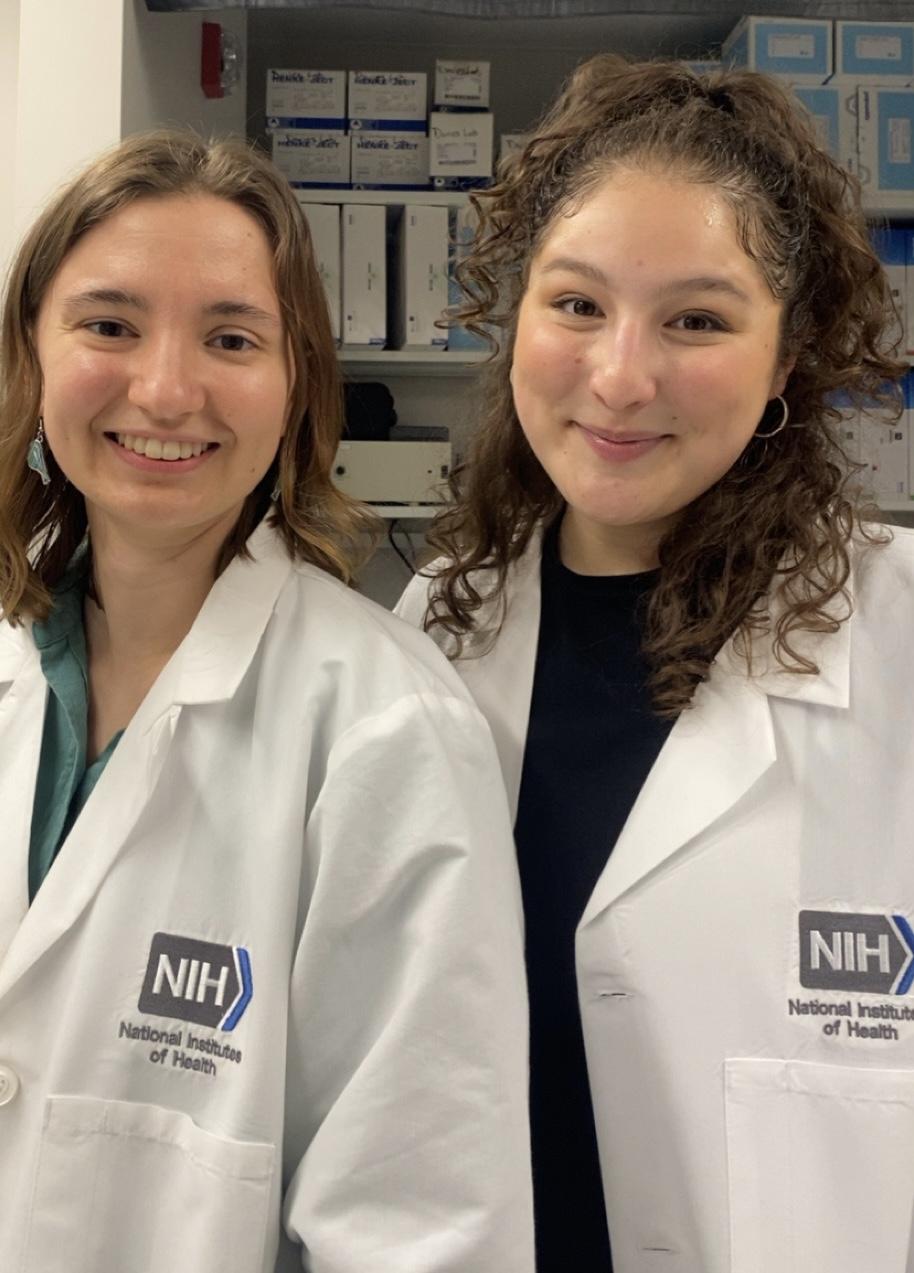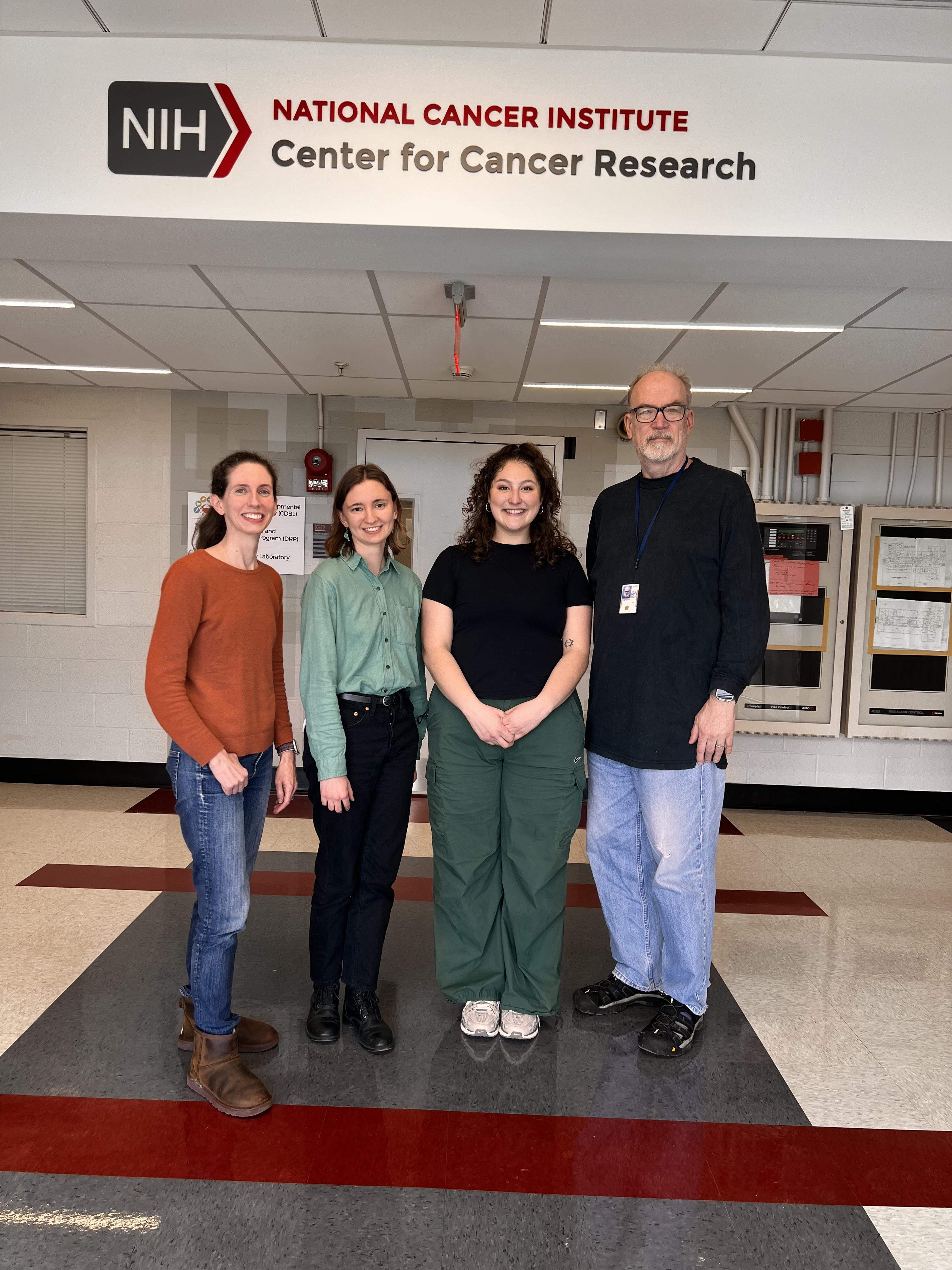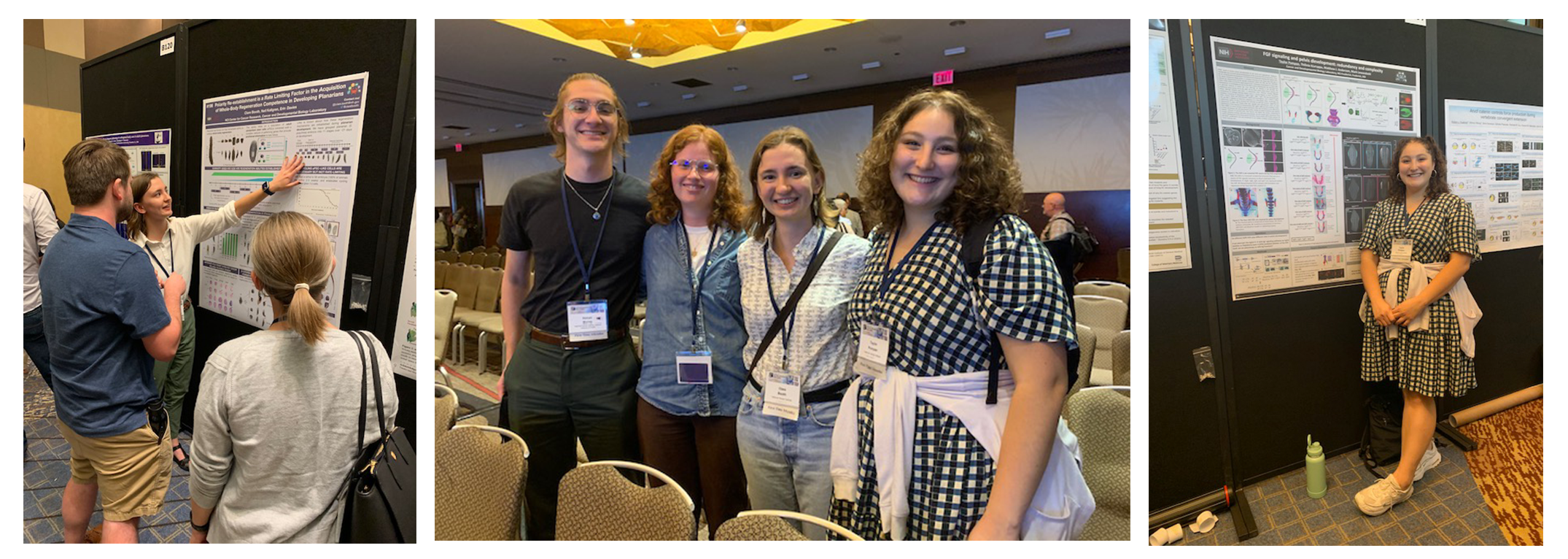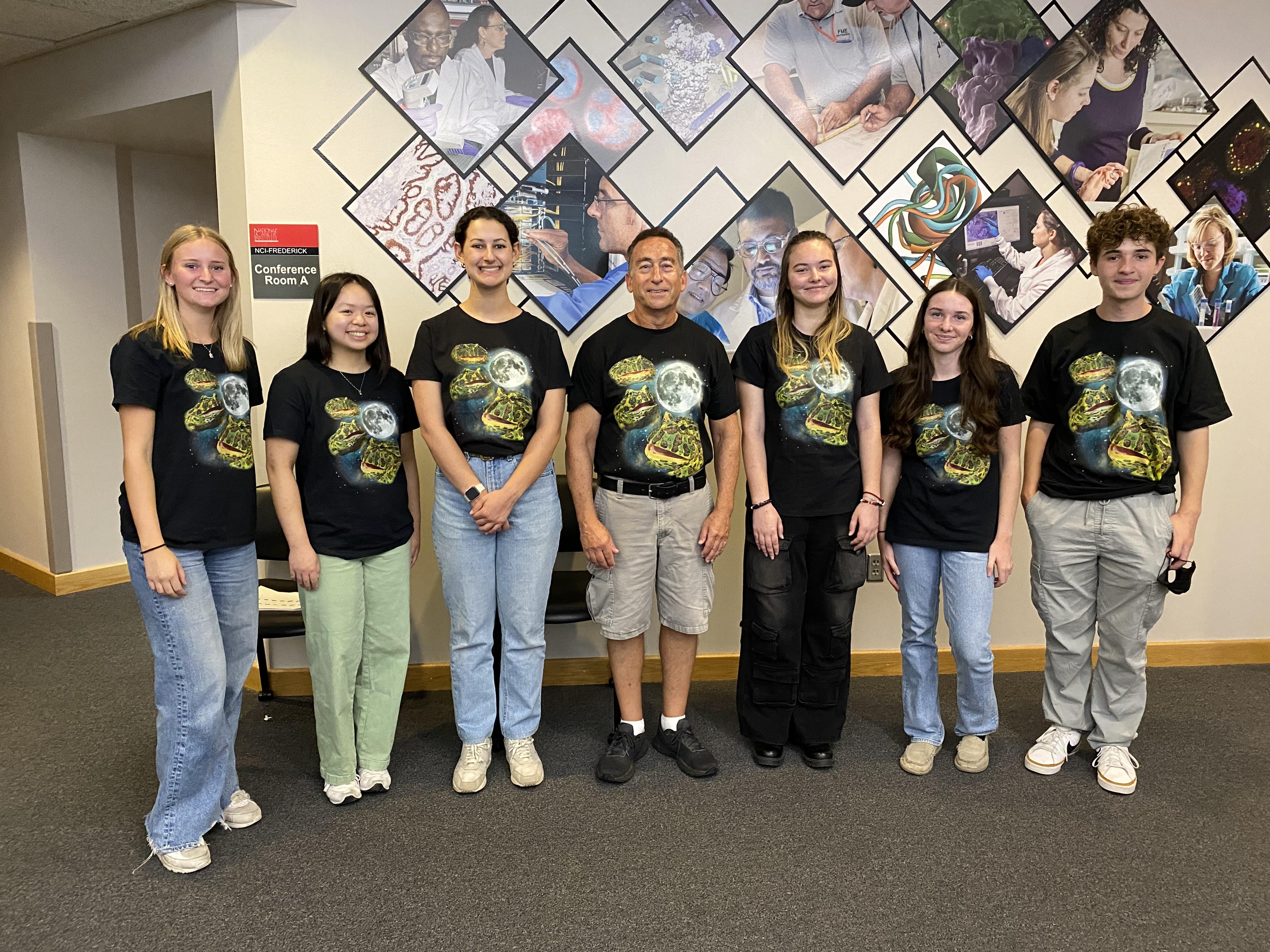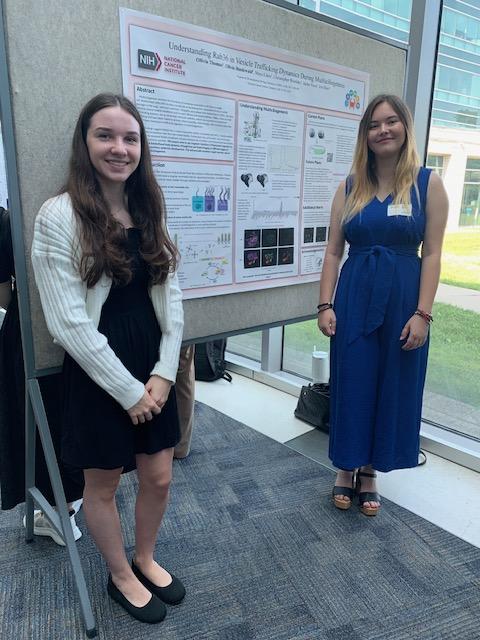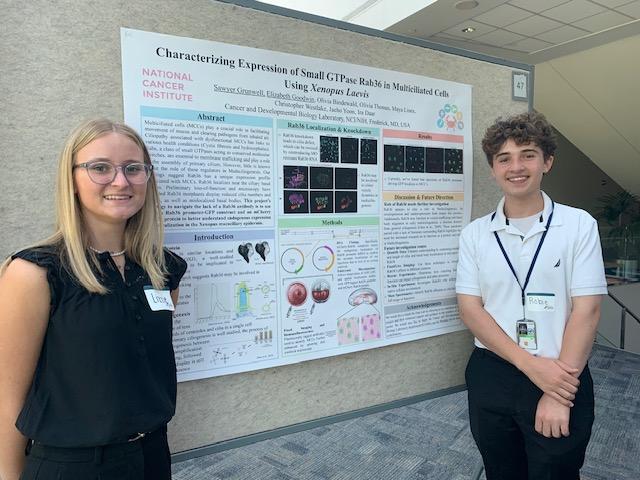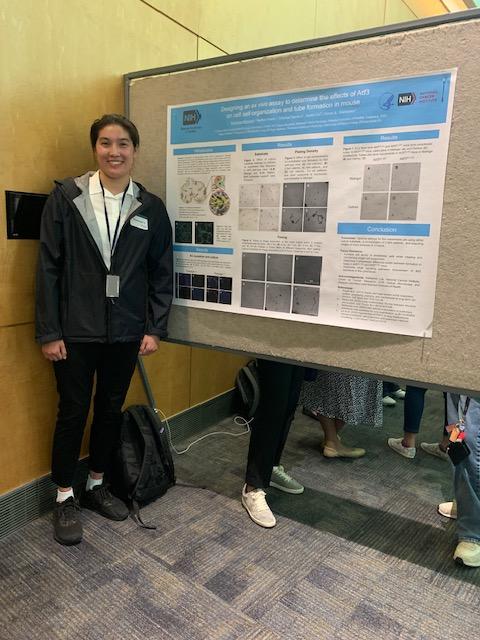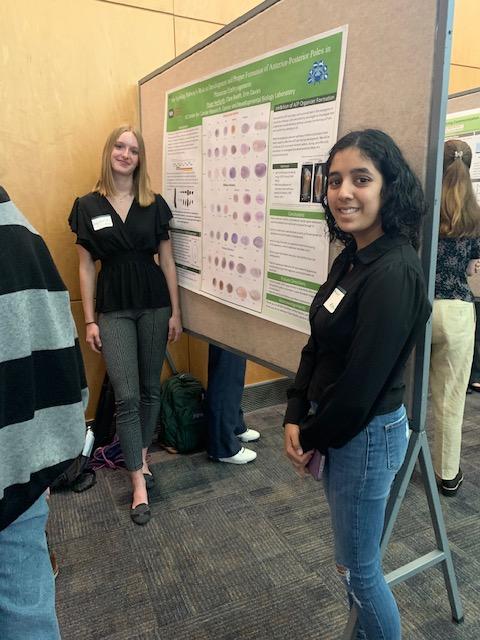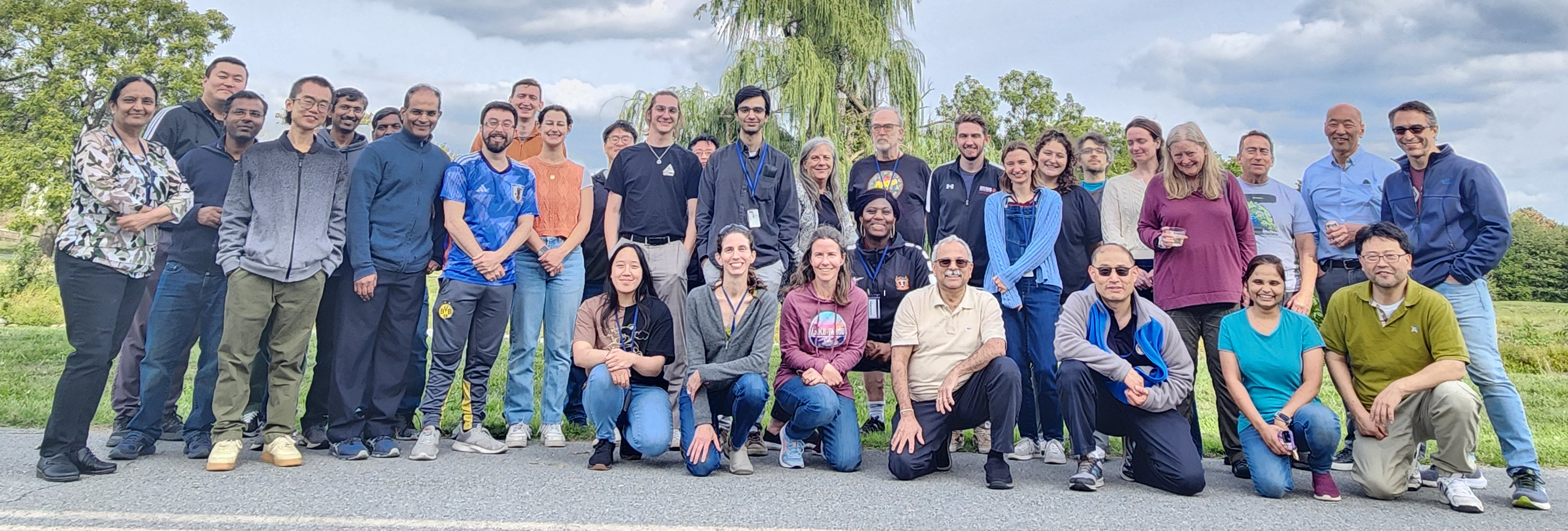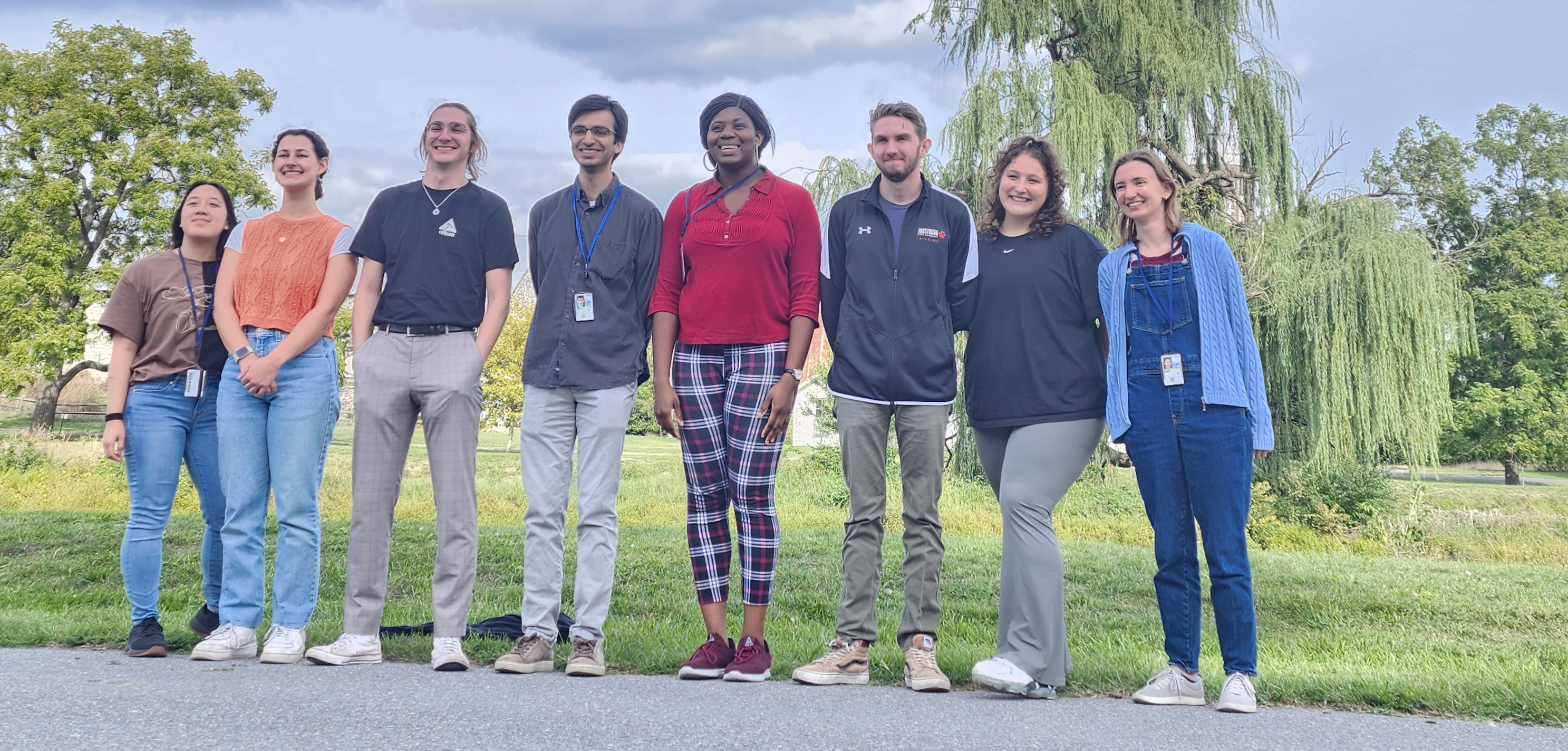Cancer and Developmental Biology Laboratory
Cancer and Developmental Biology Laboratory
About
Cancer and Developmental Biology Laboratory Team - December, 2021
The Cancer & Developmental Biology Laboratory (CDBL) is a collaborative, basic science-driven research community leveraging multi-disciplinary approaches to advance the understanding of developmental processes that inform human health and disease. Our research teams use a variety of animal models to decipher mechanisms underlying self-renewal and potency regulation, growth control, cell fate specification and differentiation, patterning, polarity, cell migration, and tissue morphogenesis, with an emphasis on understanding how intercellular and inter-organ signaling orchestrate these processes. CDBL researchers study developmental processes in different life cycle stages, from embryogenesis to adulthood, and different physiological contexts, including tissue development, postnatal tissue homeostasis, regeneration and repair following injury, and cancer disease models. In-depth mechanistic studies are conducted to obtain a clear picture of normal developmental processes and their regulation; comparative approaches and disease models are invoked to determine whether dysregulation of developmental processes is causative for cancer initiation or necessary for cancer progression and metastasis.
CDBL laboratories capitalize on the interactive and unique research environment of the NIH Intramural Program, and members take advantage of well-supported core facilities and cutting-edge technology centers in Frederick and Bethesda, MD. Moving forward, CDBL will expand to include new multidisciplinary research programs in the areas of stem cell biology and cell signaling, both topics highly relevant to cancer biology with the potential to inform the development of novel diagnostic tools and therapeutics.
CDBL Faculty are invested in trainee mentorship, scientific support and continued education, professional development, and well-being. Through our collaborative research programs, community seminars, and outreach activities, we are dedicated to creating a stimulating environment where trainees can grow and thrive. Please visit CDBL Principal Investigator pages to learn more about our research programs, and training and employment opportunities:
Jairaj K. Acharya, MBBS, Ph.D. – Head, Sphingolipid and Phospholipid Signaling Section
Ira O. Daar, Ph.D. – Head, Developmental Signal Transduction Section
Erin L. Davies, Ph.D. - Head, Potency and Developmental Plasticity Section
Mark B. Lewandoski, Ph.D. – Head, Genetics of Vertebrate Development Section
Susan Mackem, M.D., Ph.D. – Head, Regulation of Vertebrate Morphogenesis Section
Terry P. Yamaguchi, Ph.D. – Head, Cell Signaling in Vertebrate Development Section
Terren Niethamer, Ph.D. - Head, Regenerative Plasticity and Signaling Section
PI & Key Staff
Principal Investigators
Key Staff
Job Vacancies
We have no open positions in our group at this time, please check back later.
To see all available positions at CCR, take a look at our Careers page. You can also subscribe to receive CCR's latest job and training opportunities in your inbox.
News
CDBL Congratulates our awesome Davies Lab team!
CDBL Davies Lab research published in Current Biology and featured in Phys.org | |
CDBL congratulates Staff Scientist Usha Acharya and our awesome Acharya Lab team for their most recent findings published in Nature Communications with recognition from on-line journal, The Scientist.
*** CDBL Publication Announcement ***
Communications Biology
Proliferation associated 2G4 is required for the ciliation of vertebrate motile cilia
Authors: Moonsup Lee, Christina Carpenter, Yoo-Seok Hwang, Jaeho Yoon, Quanlong Lu, Christopher J. Westlake, Sally A. Moody, Terry P. Yamaguchi and Ira O. Daar
Welcome to CDBL Francisco!
Getting to know our New Center for Cancer Research Staff Scientists and Staff Clinicians
The November 2024 issue 49, page 4 of The Dossier (The Digest on CCR Staff Scientists and Staff Clinicians: Information, Employment and Research) features our new CDBL Bioinformatics Staff Scientist, Francisco Pereira Lobo, Ph.D.
CDBL proudly congratulates not one, but two outstanding Postbac recipients of the National Science Foundation (NSF) Graduate Research Fellowship Program (GRFP)
Clare Booth and Taylor Pompan
Below L-R: Erin Davies, Ph.D., Tenure-track Investigator with Clare Booth, Postbac Fellow
Taylor Pompan, Postbac Fellow with Mark Lewandoski, Ph.D., Senior Investigator
CDBL Young Women in Science presenting their work at the NIH Summer Poster Event, August 3rd, 2023. (L-R) Soumya Maturi, Paige Herfurth, Sneha Maheshwari, Valeska Zitta and Olivia Bindewald
CDBL Postbacs in action, presenting posters and representing our research labs at the Society for Developmental Biology Annual Meeting, Chicago, IL, July 20-24, 2023.
Center Group Photo (L-R): Kenan Murray, Daar Lab; Ruby Schnirman, Yamaguchi Lab; Clare Booth, Davies Lab; Taylor Pompan, Lewandoski Lab
|
|
Congratulations to Ruby Schnirman, a 2nd year postbac CRTA intern in the Yamaguchi lab, for receiving a Graduate Research Fellowship from the National Science Foundation (NSF). This prestigious and highly competitive national award recognizes and supports outstanding graduate students in STEM fields. Best of luck at graduate school Ruby! |
Publications
Featured Publication
Booth C, Stevens B, Stubbert C, Kallgren N, Deihl E, Davies E. Developmental onset of planarian whole-body regeneration depends on axis reset. Curr Biol. In Press
Singh A, Kandahalli Venkataranga Nayaka A, Acharya K, Liu H, Nirala NK, Velayoudame P, Kunduri G, Thiruvaimozhi A, Tantalla J, Zhu LJ, Acharya JK and Acharya UR. A nutrient responsive lipase mediates gut-brain communication to regulate insulin secretion in Drosophila. Nat Commun. 15(1):4410. 2024. PMCID: PMC11116528
Faculty Opinions recommends & Science Signaling highlights Jaeho Yoon's recent Nature Communications paper:
Yoon J, Sun J, Lee M, Hwang YS, Daar IO. Wnt4 and ephrinB2 instruct apical constriction via Dishevelled and non-canonical signaling. Nat Commun. 14(1):337. 2023. PMCID: PMC9860048
Miyamoto M, Kannan S, Anderson MJ, Liu X, Suh D, Htet M, Li B, Kakani T, Murphy S, Tampakakis E, Lewandoski M, Andersen P, Uosaki H, Kwon C. Cardiac progenitors instruct second heart field fate through Wnts. Proc Natl Acad Sci U S A. 120(4):e2217687120. 2023
Zhu J, Patel R, Trofka A, Harfe BD, Mackem S. Sonic hedgehog is not a limb morphogen but acts as a trigger to specify all digits in mice. Dev Cell. 57(17):2048-62 e4. 2022. PMCID: PMC9709693
Zhao H, Sun J, Insinna C, Lu Q, Wang Z, Nagashima K, Stauffer J, Andresson T, Specht S, Perera S, Daar IO, Westlake CJ. Male infertility-associated Ccdc108 regulates multiciliogenesis via the intraflagellar transport machinery. EMBO Rep. 23(4):e52775. 2022. PMCID: PMC8982597
Zelarayan L, Vendrell V, Dominguez-Frutos E, Lopez-Hernandez I, Schimmang-Alonso K, Alonso MT, Alvarez Y, Maier H, Anderson MJ, Lewandoski M, Schimmang T. Inactivation of Fgf3 and Fgf4 within the Fgf3/Fgf4/Fgf15 gene cluster reveals their redundant requirement for mouse inner ear induction and embryonic survival. Dev Dyn. 251(5):877-84. 2022
Sun J, Yoon J, Lee M, Lee HK, Hwang YS, Daar IO. Zic5 stabilizes Gli3 via a non-transcriptional mechanism during retinal development. Cell Rep. 38(5):110312. 2022. PMCID: PMC8843030
Sahu S, Albaugh ME, Martin BK, Patel NL, Riffle L, Mackem S, Kalen JD, Sharan SK. Growth factor dependency in mammary organoids regulates ductal morphogenesis during organ regeneration. Sci Rep. 12(1):7200. 2022. PMCID: PMC9065107
Lee M, Nagashima K, Yoon J, Sun J, Wang Z, Carpenter C, Lee HK, Hwang YS, Westlake CJ, Daar IO. CEP97 phosphorylation by Dyrk1a is critical for centriole separation during multiciliogenesis. J Cell Biol. 221(1). 2022. PMCID: PMC8719716
Kunduri G, Le SH, Baena V, Vijaykrishna N, Harned A, Nagashima K, Blankenberg D, Yoshihiro I, Narayan K, Bamba T, Acharya U, Acharya JK. Delivery of ceramide phosphoethanolamine lipids to the cleavage furrow through the endocytic pathway is essential for male meiotic cytokinesis. PLoS Biol. 20(9):e3001599. 2022. PMCID: PMC9550178
Kunduri G, Acharya U, Acharya JK. Lipid Polarization during Cytokinesis. Cells. 11(24). 2022. PMCID: PMC9776629
Huang BL, Mackem S. Rethinking positional information and digit identity: The role of late interdigit signaling. Dev Dyn. 251(9):1414-22. 2022
Behringer RR, McKinnell RG, Viza D, Perantoni AO, Robertson EJ, Dunwoodie SL, Lewandoski M. The International Society of Differentiation: Past, present, and future. Differentiation. 130:28-31. 2022
Anderson MJ, Misaghian S, Sharma N, Perantoni AO, Lewandoski M. Fgf8 promotes survival of nephron progenitors by regulating BAX/BAK-mediated apoptosis. Differentiation. 130:7-15. 2022
Yoon J, Garo J, Lee M, Sun J, Hwang YS, Daar IO. Rab11fip5 regulates telencephalon development via ephrinB1 recycling. Development. 148(3). 2021. PMCID: PMC7875491
Yoon J, Cachau R, David VA, Thompson M, Jung W, Jee SH, Daar IO, Winkler CA, Cho SK. Characterization of a Compound Heterozygous SLC2A9 Mutation That Causes Hypouricemia. Biomedicines. 9(9). 2021. PMCID: PMC8471325
Trofka A, Huang BL, Zhu J, Heinz WF, Magidson V, Shibata Y, Shi YB, Tarchini B, Stadler HS, Kabangu M, Al Haj Baddar NW, Voss SR, Mackem S. Genetic basis for an evolutionary shift from ancestral preaxial to postaxial limb polarity in non-urodele vertebrates. Curr Biol. 31(22):4923-34 e5. 2021. PMCID: PMC8612998
Parthibane V, Lin J, Acharya D, Abimannan T, Srideshikan SM, Klarmann K, Yang A, Soheilian F, Nagashima K, Fox SD, Andresson T, Tessarollo L, Keller JR, Acharya U, Acharya JK. SSSPTA is essential for serine palmitoyltransferase function during development and hematopoiesis. J Biol Chem. 296:100491. 2021. PMCID: PMC8047174
Sun J, Yoon J, Lee M, Hwang YS, Daar IO. Sprouty2 regulates positioning of retinal progenitors through suppressing the Ras/Raf/MAPK pathway. Sci Rep. 10(1):13752. 2020. PMCID: PMC7426826
Garriock RJ, Chalamalasetty RB, Zhu J, Kennedy MW, Kumar A, Mackem S, Yamaguchi TP. A dorsal-ventral gradient of Wnt3a/beta-catenin signals controls mouse hindgut extension and colon formation. Development. 147(8). 2020. PMCID: PMC7174843
Chen S, Sun Q, Sun D, Willette-Brown J, Anderson MJ, Gu Q, Lewandoski M, Hu Y, Zhu F, Wei F, Zhang J. C-CBL is required for inhibition of angiogenesis through modulating JAK2/STAT3 activity in ROP development. Biomed Pharmacother. 132:110856. 2020. PMCID: PMC8336301
Boylan M, Anderson MJ, Ornitz DM, Lewandoski M. The Fgf8 subfamily (Fgf8, Fgf17 and Fgf18) is required for closure of the embryonic ventral body wall. Development. 147(21). 2020. PMCID: PMC7595690
Bastida MF, Perez-Gomez R, Trofka A, Zhu J, Rada-Iglesias A, Sheth R, Stadler HS, Mackem S, Ros MA. The formation of the thumb requires direct modulation of Gli3 transcription by Hoxa13. Proc Natl Acad Sci U S A. 117(2):1090-6. 2020. PMCID: PMC6969497
Anderson MJ, Magidson V, Kageyama R, Lewandoski M. Fgf4 maintains Hes7 levels critical for normal somite segmentation clock function. Elife. 9. 2020. PMCID: PMC7717904



